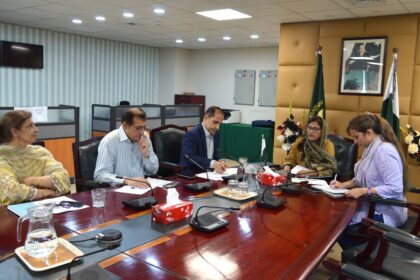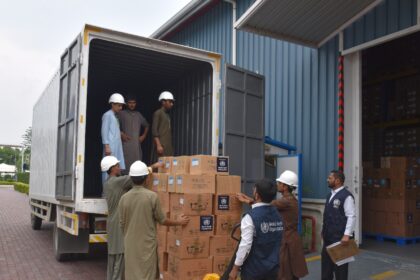The India Study Centre at the Institute of Strategic Studies Islamabad convened an in-house roundtable to assess the evolving Pakistan Bangladesh ties and prospects for wider regional cooperation. The session brought together former diplomats, practitioners, academics and area specialists for a focused exchange on the bilateral relationship and South Asia’s shifting geopolitical landscape.
Maj. Gen. (R) Fazle Elahi Akbar, chairman of the Foundation for Strategic and Development Studies in Bangladesh, delivered the keynote perspectives while participants reviewed the recent warming of relations and identified practical steps to consolidate gains. Attendees praised the productive, multi-sectoral engagement taking shape at both government and people-to-people levels and urged a forward-looking approach to broaden collaboration beyond traditional arenas.
Speakers highlighted that Pakistan Bangladesh ties rest on shared history, cultural links and overlapping interests, providing a solid base for expanded cooperation. Proposals discussed to strengthen connectivity included resuming direct flights, easing travel barriers, diversifying trade along complementary strengths, promoting bilateral tourism and fostering cultural exchanges. There was particular emphasis on increasing academic and think-tank linkages and creating more opportunities for youth interaction.
Participants warned that regional cooperation cannot be held hostage to the whims of a single actor; the move toward a multipolar world demands coordinated regional action, deeper economic integration and improved connectivity. Delegates welcomed recent leadership calls for renewed regional dialogue and argued that revival of SAARC, alongside other formats, remains vital for sustained progress.
The recent Bangladesh China Pakistan trilateral was cited as an innovative example of flexible regional architecture that could be adapted to other country groupings. In sum, those at the ISSI roundtable stressed pragmatic, incremental measures to translate goodwill into durable cooperation and to reimagine South Asia’s approach to security, development and regional integration.











